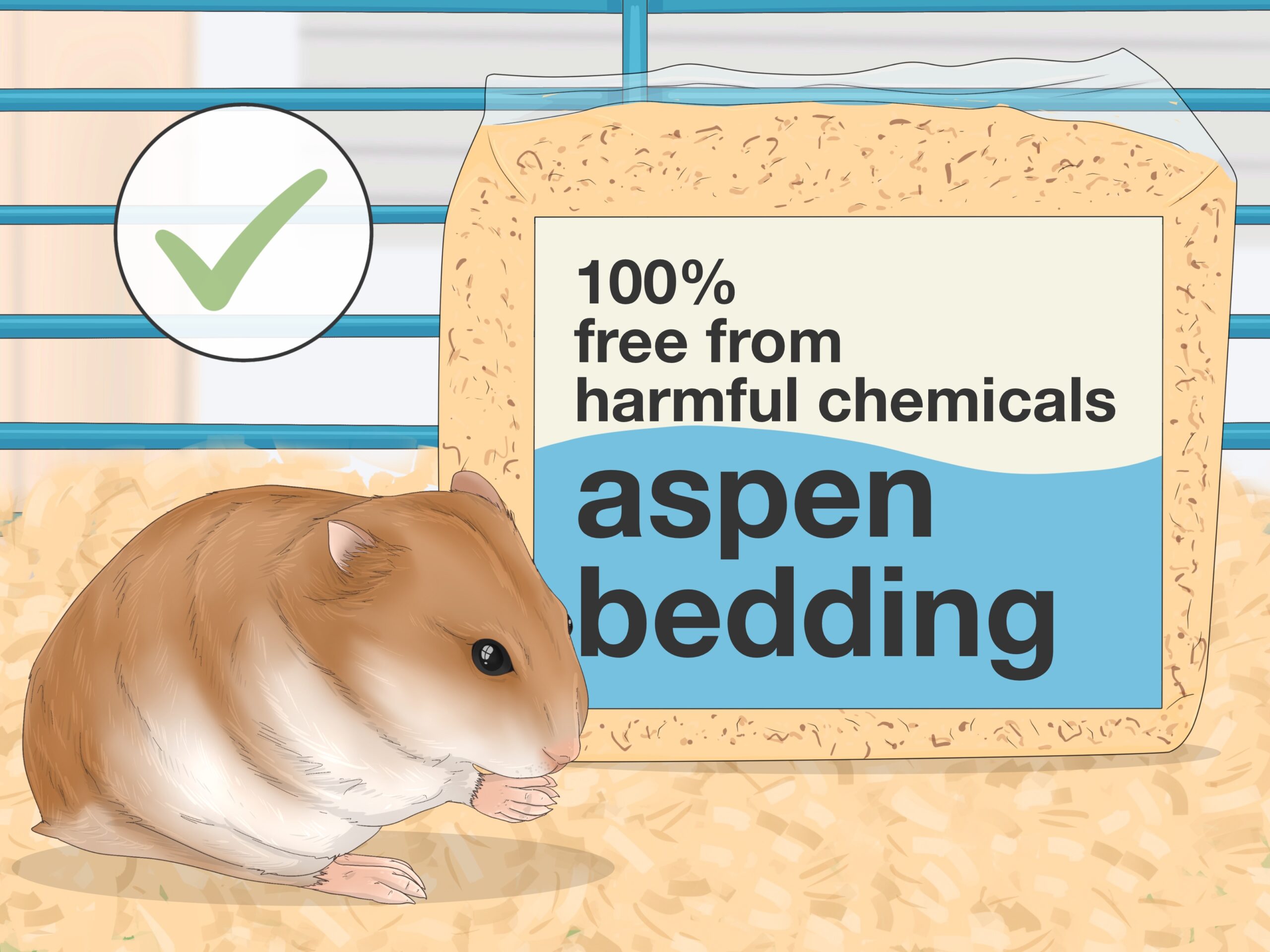“`html
Establishing a Hamster Care Routine
Caring for a hamster involves a consistent routine to ensure your furry friend remains healthy and happy. This guide will help you establish an effective hamster care routine, covering everything from daily care tasks to weekly and monthly responsibilities. Maintaining a structured routine not only benefits your hamster but also strengthens the bond you share.
Daily Care Tasks for Hamsters
One of the core components of a solid hamster care routine is the daily tasks you need to perform. **Daily care** ensures that your hamster has a safe and clean living environment. Begin by checking the water supply; fresh, clean water is essential for your hamster’s hydration. Change the water at least once a day, and clean the water bottle or dish to prevent bacterial growth.

Feeding and Nutrition
Feeding your hamster a balanced diet is essential for their well-being. A mix of high-quality commercial hamster pellets, fresh fruits, and vegetables should be offered. Look for specific **hamster food** that contains grains, seeds, and the necessary vitamins. Ensure you provide small amounts of fresh vegetables daily, and treat your hamster to fruits occasionally, being mindful of sugar content.
Exercise and Interaction
Hamsters are naturally active creatures that require exercise to stay healthy. Set aside time each day for your hamster to engage in physical activities. Creating a **playtime** schedule not only helps with their physical health but also stimulates their minds and strengthens your bond. Provide them with a **hamster wheel**, tunnels, or safe toys to encourage playtime behavior.
Cleaning the Cage
Part of your daily routine should include a quick clean of your hamster’s cage. Remove any soiled bedding, uneaten food, or waste, as this helps maintain a hygienic environment for your pet. Aim for a full cage clean at least once a week, but daily spot cleaning will go a long way in keeping your hamster happy and healthy.
Weekly Responsibilities
In addition to daily care, weekly tasks play a crucial role in maintaining your hamster’s well-being. These responsibilities include deeper cleaning, health examinations, and enriching your hamster’s environment. Spending a bit more time weekly can prevent issues and promote a happy, healthy life for your furry friend.
Full Cage Cleaning
Once a week, perform a full clean of your hamster’s cage. This involves removing all bedding, disinfecting the cage with safe cleaners, and replacing it with fresh bedding. Make sure to keep some of the old bedding to maintain the familiar scent for your hamster. This helps them adjust more easily to the clean environment, reducing stress.

Health Checks
Take time each week to conduct health checks on your hamster. Inspect their fur for any signs of matting or skin issues, check for weight loss or unusual behavior, and examine their eyes, nose, and ears for cleanliness. Regular health checks can help catch potential problems early, allowing you to address them before they become serious.
Rotation of Toys
To keep your hamster mentally stimulated, rotate their toys and accessories weekly. By providing different toys, you can prevent boredom and encourage exploration and playfulness. This keeps their environment interesting and enhances their overall quality of life.
Monthly Care Practices
Every month, there are additional care routines you should implement to ensure your hamster remains in peak condition. Monthly practices require a bit more time and effort, but they are essential for your hamster’s long-term health.
Health and Veterinary Visits
Schedule monthly checks with your veterinarian, especially if you notice any concerning symptoms. A trained professional can help ensure your hamster is healthy and address any issues that arise. Making a wellness appointment with a vet familiar with small animals can provide peace of mind for you and the best care for your pet.
Assessing Living Conditions
Take time each month to assess your hamster’s living conditions. Check that the cage is adequate for their size and that they have enough space to roam and play. Evaluate the environment for safety, ensuring there are no sharp edges or harmful materials. Behavioral observations can also reveal if your hamster is comfortable and content in its space.
Key Takeaways
- Establishing a hamster care routine is essential for their health and happiness.
- Create daily, weekly, and monthly tasks that include feeding, cleaning, and health checks.
- Rotate toys regularly and ensure your hamster has opportunities for exercise and playtime.
FAQ
1. How often should I change my hamster’s bedding?
You should change your hamster’s bedding at least once a week, but performing daily spot cleans is beneficial. This ensures your hamster’s environment remains clean and odor-free.
2. What are signs of health issues in hamsters?
Signs of health issues in hamsters can include lethargy, loss of appetite, excessive grooming, or unusual behavior. If you notice these symptoms, consult a vet for advice.
3. Can hamsters get bored?
Yes, hamsters can get bored if they do not have enough stimulation. Rotating their toys and providing new enrichment helps keep them engaged and active.
4. How much space does my hamster need?
The size of the cage depends on the breed of hamster you have. Typically, a Syrian hamster needs at least 24 inches long and 12 inches tall, while dwarf hamsters can adapt to smaller spaces; however, bigger is always better.
5. Is handling my hamster daily necessary?
Daily handling is not strictly necessary, but it helps build trust between you and your hamster. Aim for gentle, short sessions to help your hamster acclimate to being held.
“`
